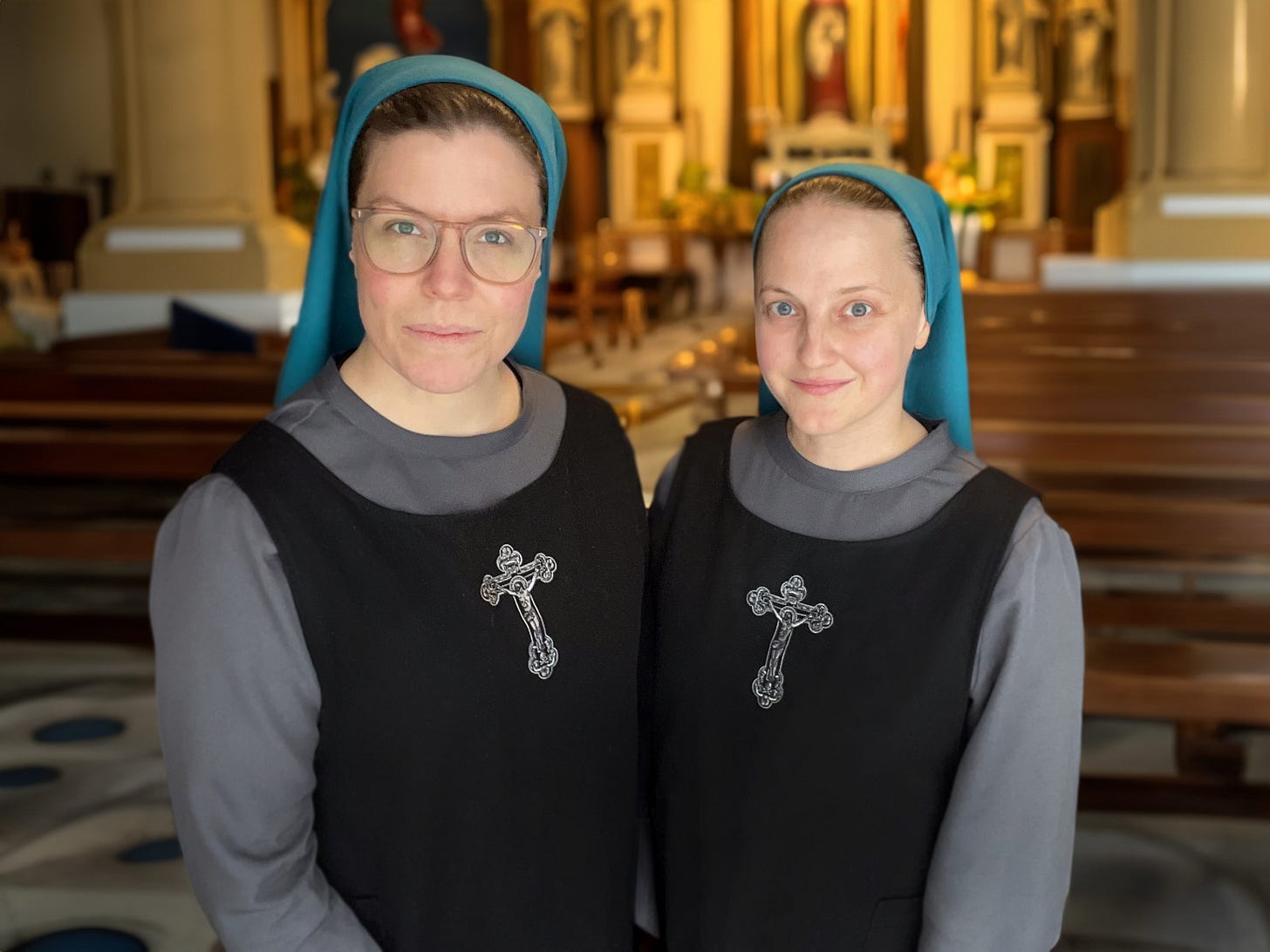‘An offense against God’ - Sisters say Vatican abuse response not enough
An allegedly abusive priest was banned from giving spiritual direction for five years. Was it enough?
Three women say that Vatican measures against their former spiritual director are not sufficient, and that his allegedly sexually abusive conduct should have merited a steeper sanction.
The women say that Fr. David Nicgorski, formerly the superior general of the Oblates of the V…

